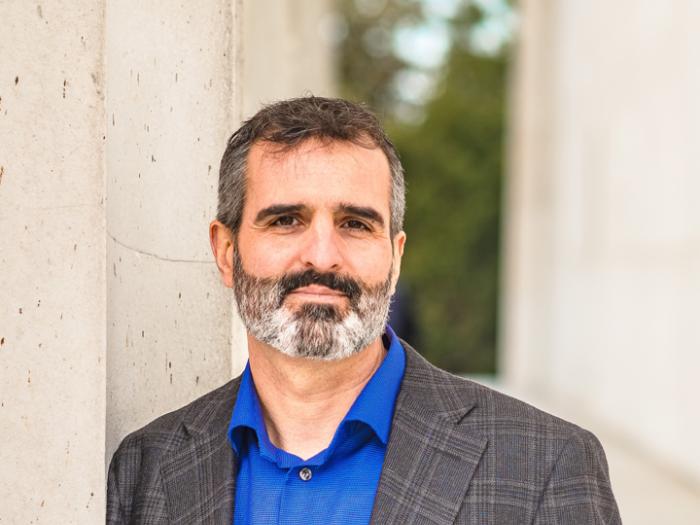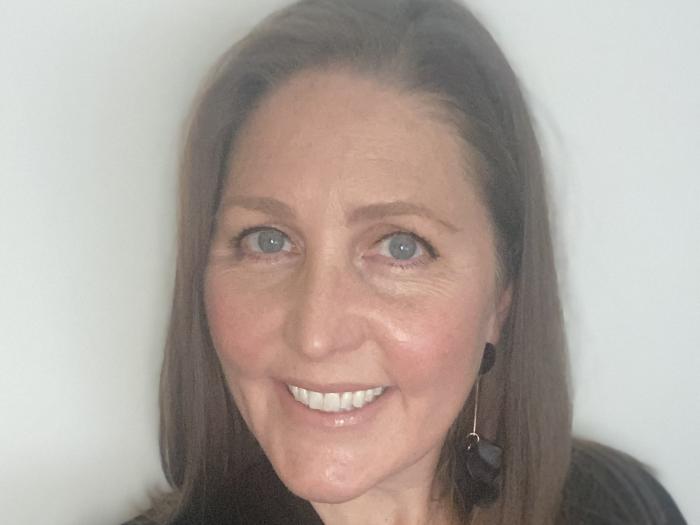Acquired Neurological Disorders
In the Acquired Neurological Disorders (AND) track, clinicians work one on one with individuals with communication impairments, cognitive-communication impairments or swallowing problems caused by stroke, traumatic brain injury or other forms of neurological conditions or trauma.
Common diagnoses of AND patients include:
- Aphasia
- Apraxia of speech
- Cognitive-linguistic deficits
- Dysarthria
- Dysphagia
- Parkinson’s disease
- Stroke
- Traumatic brain injury
Treatment Options
Individual Therapy
With a combined professional experience spanning more than 60 years in the field of acquired neurological disorders, our clinical supervisors guide graduate students from behind the scenes. Student clinicians provide comprehensive assessments and implement personalized treatment plans that focus on improving the cognitive, communicative or swallowing skills that have diminished. Many AND clients are provided with tailored “home programs” that help them practice strategies and techniques for daily life. Clinicians also work closely with clients and family members to establish home programs that best fit each individual’s needs.
Group Therapy
The AND Clinic runs a variety of weekly groups. Groups allow clients to put into practice what they have learned in therapy in a setting that can feel more natural and social than an individual session. Group therapy often provides much-needed emotional support; it is vitally important for clients to realize that they are not alone, and the sense of community established among group members is extremely valuable.
Our groups are divided into treatment areas and include aphasia groups, social communication (pragmatics) groups and our Parkinson’s disease “Loud Crowd” (a Lee Silverman Voice Treatment carryover group).




